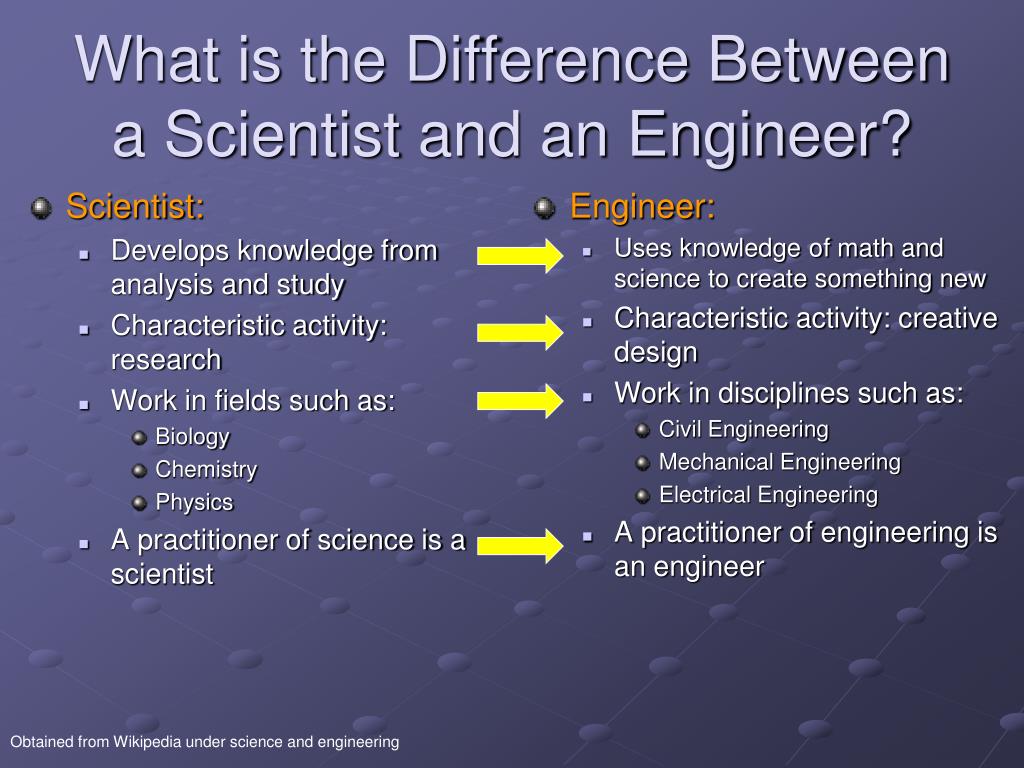
Samuel F.B. Morse first invented the telegraph, electrical engineering has become more than a field of study. Although the demand for electrical engineers was not apparent for forty years, the invention of the telephone by Alexander Graham Bell and the incandescent lamp by Thomas A. Edison created new and urgent needs. Edison's first centrally generated plant created more jobs. What is the best way to go?
It is a vast field.
Electricity is an important means of information and energy transmission. There are many sub-disciplines to electrical engineering. Some engineers are specialists in a particular sub-discipline of electrical engineering, while others specialize in multiple fields. Some of these fields are considered disciplines in and of themselves. Here are some examples of the most popular jobs in electrical engineering. This will help you understand the differences between each one. If you think you are an electrical engineer, you will need to be able to maintain your knowledge.

It offers a wide range of specializations.
There are many specializations that exist in the field. The electronic computer branch is the largest, and was established during World War II. Members from outside the field of electronics have also been drawn to computer science and engineering, including logicians and linguists. Another branch of electric engineering is power and light. These areas include the design, manufacture, maintenance, and repair of electric light- and power system. Other applications of electrical engineering are lighting systems, appliances, and turbines.
It requires a detailed understanding of technical topics
Electrical engineering, like any other profession, requires an in-depth knowledge of technical areas. The knowledge of electrical engineers is used to improve production, testing, maintenance, and other processes. The field is also characterized by its diverse challenges, and engineers must possess strong soft skills in order to be successful. This work requires that you are able to keep up to date with technology changes, be open to trying new solutions, and communicate with multiple stakeholders.
It's a good "feeder degree".
The Electrical Engineering program curriculum covers engineering, mathematics, and physical sciences. It also includes humanities, social science, and math. This broad curriculum gives students a strong foundation to pursue a wide range of career paths. Internships with industry professionals can prepare students in many areas, such as transmission and distribution of electricity, communications, and the manufacture of semiconductor devices. Students can also specialize in a particular area of electrical engineering.

For those who have electronics experience, it is a great career choice
Before you can become an electrical engineer, you must complete a bachelor's degree in electrical engineering. Although employers expect you to have an advanced degree in the field of electrical engineering, there are some colleges that offer associate's degrees which can help you prepare for further study. These programs are not as likely to lead you to the same career opportunities than a four year degree but can help you make a decision about whether this is the right path for you. Learn more about how to become an electrical engineer if you are interested.
FAQ
What is a Mechanical Engineer?
A mechanical engineer designs machines, vehicles, tools, products, and processes used by humans.
Mechanical engineers apply mathematics, engineering principles, and physics to find practical solutions for real-world issues.
A mechanical engineer might be involved in product development and production, maintenance or quality control.
What do electricians do?
They create power systems for human use.
They are responsible for designing, building, testing, installing, maintaining, and repairing all types of electric equipment used by industry, government, residential and commercial customers.
They plan and direct installation, as well as coordination of activities by other trades like architects, plumbers, and contractors.
An electrical engineer designs and installs electronic circuits and components that convert electricity to useful forms.
Which engineering task is the most difficult?
The greatest engineering challenge is designing a system that is strong enough to withstand all types of failure, yet flexible enough for future changes.
This requires lots of testing and iteration. It also requires an understanding of how the system should behave when everything goes wrong. You need to ensure that you don't just solve one problem, but that you design a solution that addresses multiple problems simultaneously.
Statistics
- 8% Civil engineers solve infrastructure problems. (snhu.edu)
- 14% of Industrial engineers design systems that combine workers, machines, and more to create a product or service to eliminate wastefulness in production processes, according to BLS efficiently. (snhu.edu)
External Links
How To
Engineer salaries in the United States
The US average engineer salary per year is $100k. This includes the base pay as well as bonuses, benefits, and other perks.
In May 2014, the median annual wage for all workers stood at $50,090
This is an increase from $48,671 in 2013.
The most common job titles were Software Developer ($65,000), Computer Programmer ($60,000) and Systems Analyst ($55,000).
The salary ranges depend on where you live. New York City has salaries ranging from $80,000 to $120,000
Engineers in San Francisco can expect to make $90,000-$150,000.
Those in Washington DC can expect to make $85,000-$130,000.